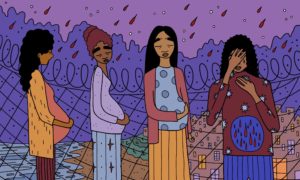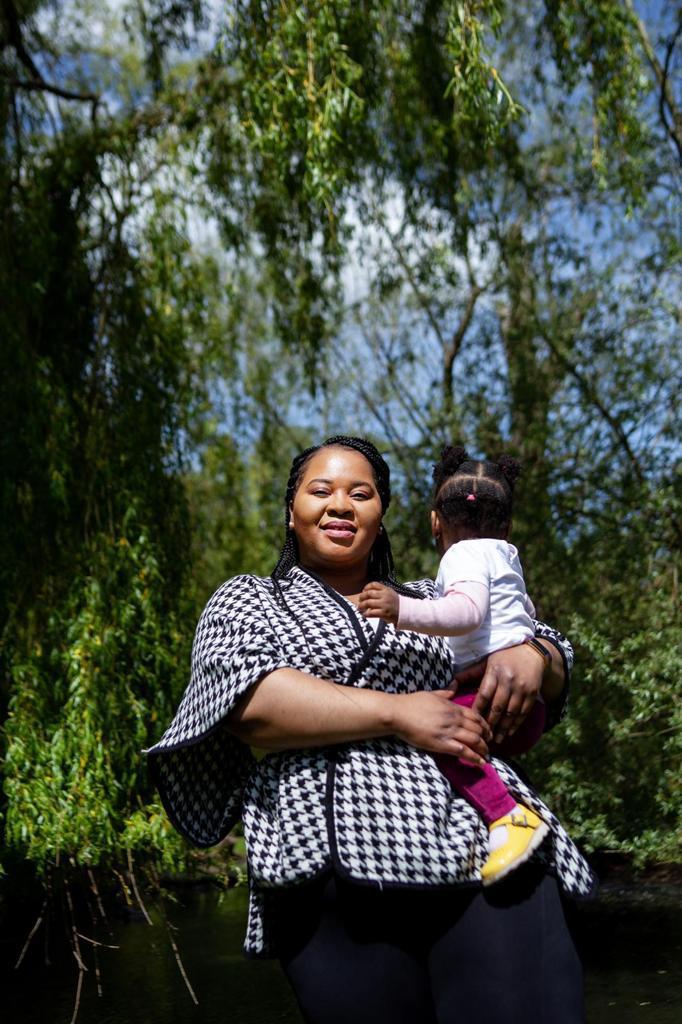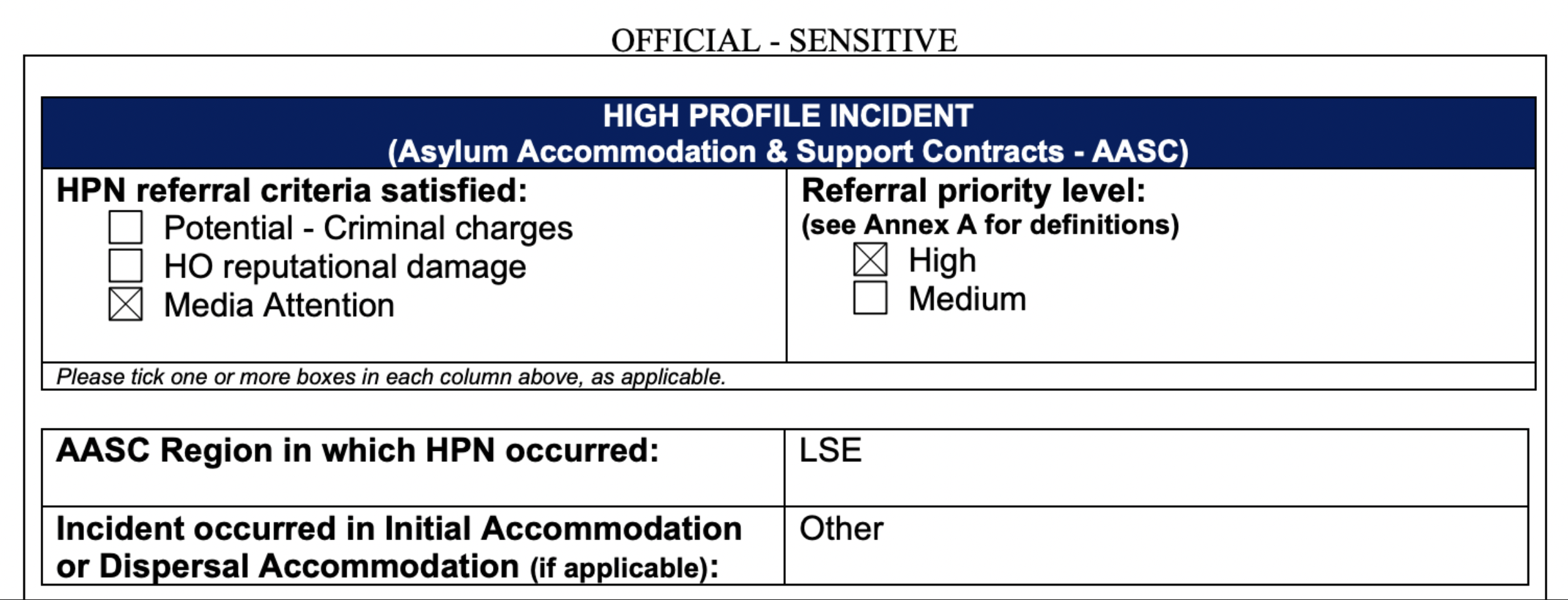‘Not safe for babies’: Calls for investigation after ‘shocking’ infant deaths in asylum seeker housing
Published on 27 October 2022
Maria Wetu, left, and Alvina Chibhamu, right, who told their stories about giving birth in the asylum system

Since October 2017, eight babies born live to asylum seekers living in Home Office accommodation have died before their first birthday
Report Mirren Gidda and Jessica Purkiss, Liberty Investigates journalists. Edited by Eleanor Rose, Liberty Investigates editor
Content warning: This article contains mention of sexual assault and miscarriage




